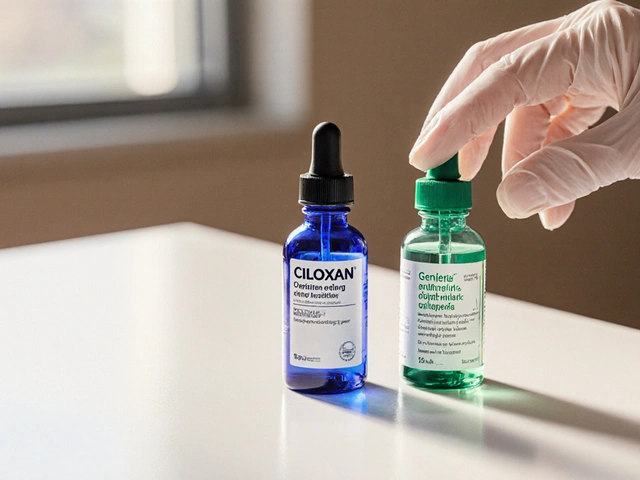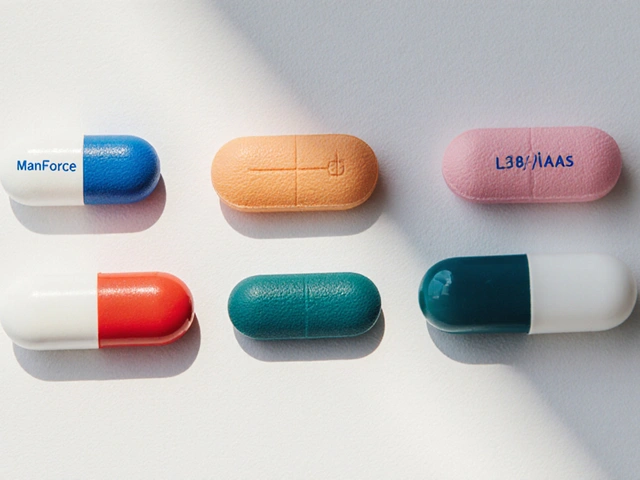Herbal remedy: Practical guide to safe use
Want to try a herbal remedy but not sure where to start? Herbs can help with digestion, sleep, mild inflammation, and more — but they’re not magic. This guide gives clear, usable tips: which herbs are worth knowing, how to pick quality products, and how to avoid common risks like interactions with prescription drugs.
Top herbal remedies people actually use
DGL licorice — often used for reflux and mild stomach irritation. When deglycyrrhizinated (DGL), it’s gentler on blood pressure than whole licorice. Melatonin — technically a hormone supplement, but commonly grouped with natural sleep and reflux remedies. Small trials show melatonin can help night-time reflux for some people. Alder buckthorn — a traditional plant people use for digestion and gentle detox. Garlic and ginger — handy for mild digestive upset and circulation; they also thin the blood a bit, so watch if you take blood thinners. St. John's Wort — used for low mood, but it has strong interactions with many drugs (antidepressants, birth control, some heart meds). These are examples, not prescriptions. If you’re curious about a specific herb, look up reliable sources or ask a pharmacist.
How to use herbal remedies safely
Buy tested products. Look for labels that show third-party testing, GMP, or USP verification. Avoid blends that don’t list exact amounts of each ingredient. Start low and short: try a low dose for a week and track how you feel. Keep a list of all your medicines, supplements, and herbs — share that list with your doctor or pharmacist.
Watch for interactions. St. John’s Wort speeds up liver enzymes and can reduce the effect of many drugs. Garlic, ginger, and ginkgo can increase bleeding risk when paired with anticoagulants. Some herbs can raise or lower blood pressure or affect blood sugar. If you take statins, antibiotics, antidepressants, or blood thinners, check before adding any herb.
Be realistic about effects and timing. Herbs usually act slower than prescription meds. For example, calming herbs or digestive herbs may take days to weeks to notice consistent change. If something makes you feel worse — stop and get medical advice.
Special situations need care. Pregnant or breastfeeding people, children, and people with serious conditions should avoid self-medicating with herbs without professional advice. Herbs can be potent and sometimes unsafe in those groups.
Where to learn more on PharmaServe: we have articles on herb + medicine combos, natural options for reflux, and specific supplements like calcium D-glucarate and zinc. Use those pieces to get practical info and to compare herbal choices with standard treatments.
Bottom line: herbs can help, but treat them like real medicines — check quality, start small, and ask a clinician about interactions. That simple approach keeps your herbal experiments useful and safe.

Explore the transformative health benefits of Tronadora, a traditional herbal remedy reimagined as a cutting-edge dietary supplement. Learn about its historical uses, potential health advantages, and how it can become a game changer in your daily wellness routine.






